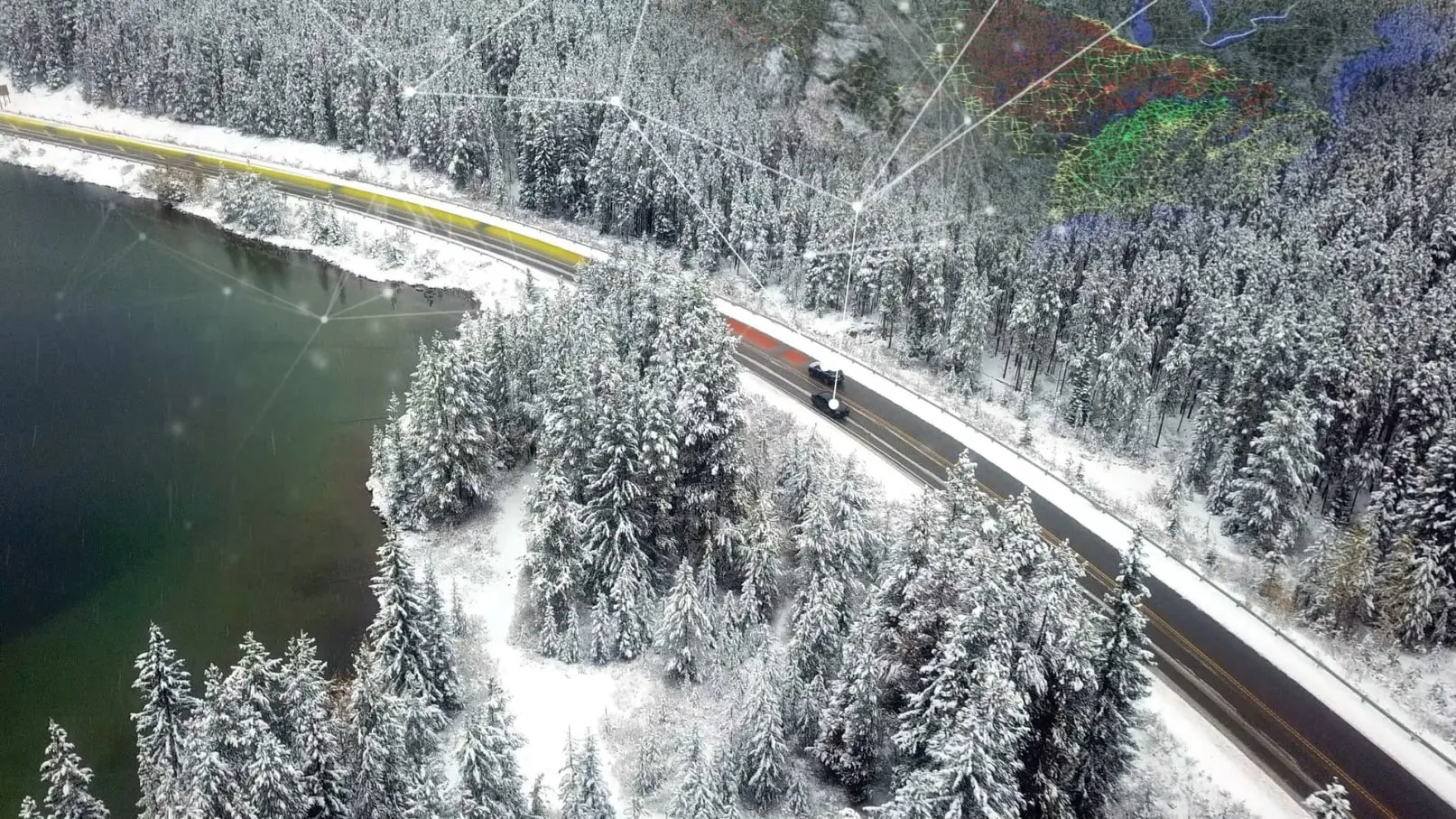
Telensa has confirmed all streetlights in the city of Stirling in Western Australia will be wirelessly connected and managed by its Planet central management system (CMS).
Telensa says the city's new intelligent lighting system will enable it to monitor and manage the lights in the reserve remotely and thereby reduce the associated cost and burden of their maintenance.
The city will be able to vary lighting levels throughout the park to save energy and reduce emissions, the company adds.
Telensa insists that its Network as a Service (NaaS) model suited to councils wanting to manage a smaller number of lights as it reduces both the upfront and ongoing costs of using the application.
According to Telensa, councils adopting the NaaS model make savings without the need for a large investment in network infrastructure.
They gain access to the CMS application, data, dashboards and integration interfaces, paying just on the number or lights controlled.
The Telensa Planet intelligent street lighting system is expected to pay for itself in reduced energy and maintenance costs, improve quality of service through automatic fault reporting and turn streetlight poles into hubs for smart city sensors.










